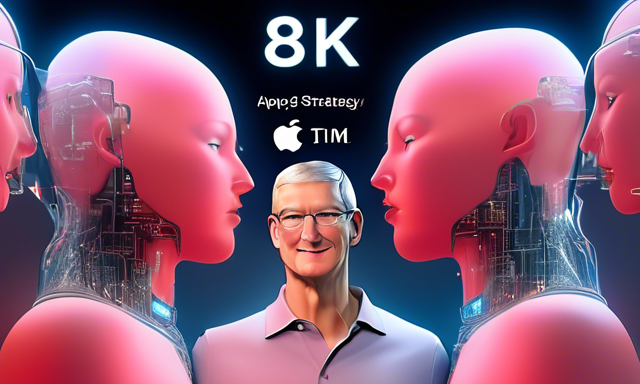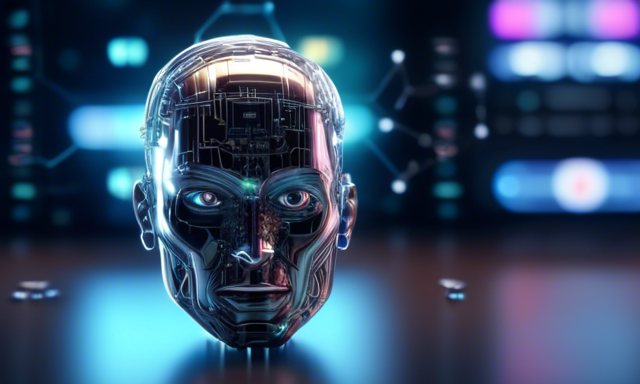Big Tech and the Promise of AI: Has the Vision Been Shattered? 🤖💔
In a thought-provoking discussion, “Supremacy: AI, ChatGPT, and the Race That Will Transform Our World,” author Parmy Olson delves into the complex relationship between artificial intelligence and major technology firms. The narrative raises critical questions about whether the pursuit of innovation has led to unintended consequences. A significant theme emerges: how do we appropriately regulate AI’s growing influence on our lives? With looming elections this year, the future of regulation and corporate power within tech remains uncertain.
The Double-Edged Sword of Innovation ⚔️
Engaging with leaders in the tech industry often reveals a common refrain: many assert they are taking necessary steps to ensure AI is developed safely. These giants advocate for not rushing into regulatory frameworks, stating that hasty measures could stifle the potential of AI technologies. However, the narrative raises an essential issue: communal oversight is critical, as internal self-regulation may only provide limited safeguards.
Key points to consider:
- Tech companies argue for a period of exploration before making regulatory changes.
- Self-regulation appears insufficient for comprehensive safety measures.
- As these firms focus on shareholder responsibilities, public safety often takes a back seat.
The Regulatory Landscape: A Work in Progress 🏗️
In the current climate, the regulatory framework for AI remains largely undeveloped, except for the European Union’s AI Act, which has yet to be fully implemented. Many in the startup ecosystem express concerns that the Act lacks specificity, fearing it could lead to excessive bureaucracy rather than actionable guidelines. As the industry wrestles with these challenges, finding a governance balance proves essential.
Considerations include:
- The struggle between innovation drive and necessary precautions.
- The challenges startups face with ambiguous regulations.
- Insights from Silicon Valley indicate a push for more defined frameworks.
The Historical Context of Innovation and Social Impact 📉
The development of new technologies often comes at a price, a point highlighted by the evolution of social media. Mark Zuckerberg’s intention to connect people globally has also ushered in considerable mental health challenges, particularly among youth. As we approach the upcoming US elections, a pivotal question arises: will the next administration take tangible steps to regulate or even dismantle some of these tech behemoths?
Antitrust Issues: The Divide in Silicon Valley ⚖️
As discussions regarding antitrust measures gain traction, the implications for companies like Google become increasingly significant. Ongoing investigations by the FTC and DOJ signal a potential shift in power dynamics within the tech ecosystem. Opinions vary widely among venture capitalists and industry insiders regarding whether breaking up these giants will be beneficial.
It’s important to note:
- Some investors support the idea of breaking up large firms, feeling that smaller companies are often at their mercy.
- Others prefer maintaining the status quo, as large companies can provide lucrative exit strategies for startups.
- The tech community remains divided on the best path forward in addressing the issues of monopoly and innovation.
Hot Take: Finding the Right Path Forward 🚀
Ultimately, the conversation around AI and Big Tech is still unfolding. There’s a growing consensus that such corporations wield excessive power, and as innovation continues, finding a balanced approach to regulation becomes more crucial than ever. The stakes are high, and as stakeholders in technology and society, you have a vested interest in shaping the future landscape of AI and its regulation.





 By
By
 By
By

 By
By
 By
By
 By
By